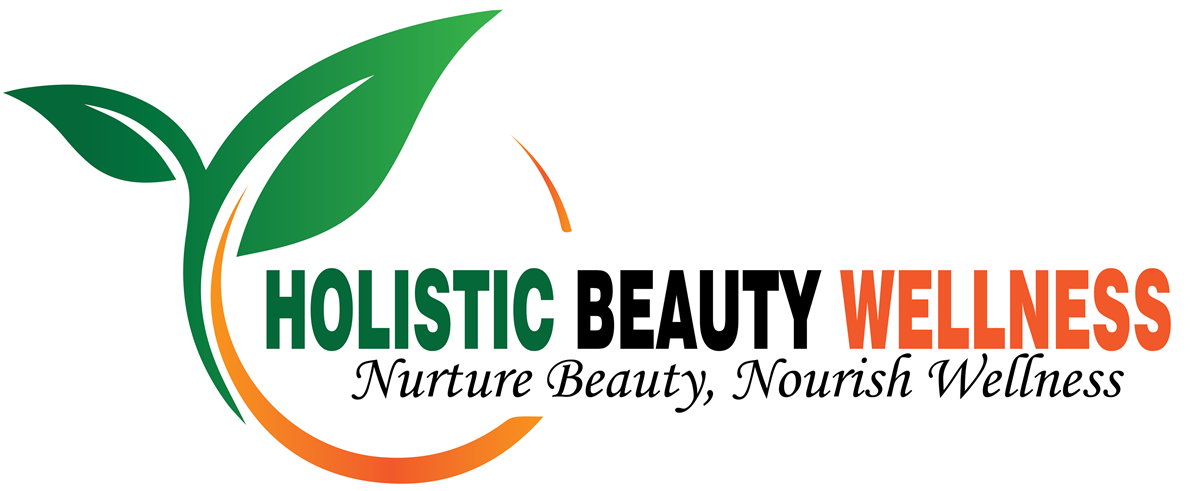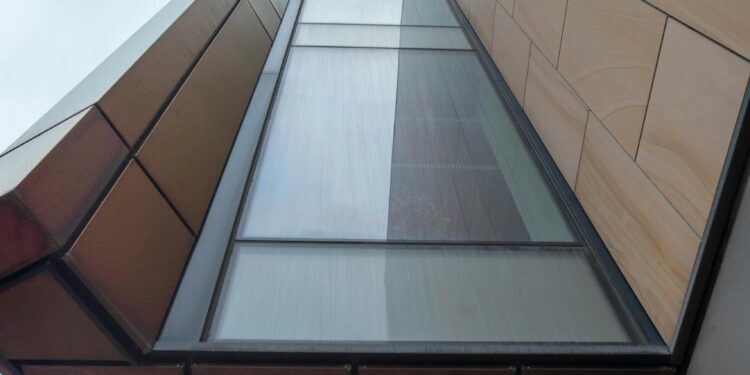A key component of keeping skin healthy is using sun protection. Despite offering protection from damaging UV rays, many conventional sunscreens contain harsh ingredients that may not be appropriate for all skin types. An efficient and environmentally responsible substitute, natural sunscreens guarantee that your skin is protected without endangering either the environment or your health.
We will examine the importance of sun protection, discuss the dangers of chemical sunscreens, and suggest some of the top natural sunscreens on the market in this post.
Why Sun Protection Is Important
Two primary types of ultraviolet (UV) radiation are emitted by the sun: UVA and UVB rays. Both varieties are bad for the skin:
• UVB rays impact the skin’s outer layers and are the main cause of sunburn.
• UVA rays penetrate deeply into the skin, producing wrinkles, premature ageing, and collagen degradation.
Excessive UV exposure can cause serious side effects like eye damage, hyperpigmentation, and skin cancer. Skin cancer is one of the three types of cancer diagnosed worldwide, according to the World Health Organisation (WHO).
The best defence against these damaging rays is to use sunscreen every day, even on overcast days. But not every type of sunscreen is made equal.
The Chemical Sunscreen Problem
Chemistry-based UV filters like oxybenzone, octinoxate, and avobenzone are found in many traditional sunscreens. UV rays are absorbed by these substances, which then transform them into heat that is expelled from the skin. Chemical sunscreens have caused concern despite their effectiveness for several reasons:
1. Possible Risks to Health
• One FDA study from 2019 found that certain chemicals in sunscreen can be absorbed into the system at higher amounts than previously believed. • Ingredients such as oxybenzone have been connected to allergic reactions and hormone disruption.
2. Environmental Impact:
• Coral reef bleaching is caused by oxybenzone and octinoxate, which are prohibited in tourist-heavy areas like Hawaii and Palau; chemical sunscreens damage marine life by washing off into the water when swimming.
3. Skin Sensitivities:
Chemical sunscreens frequently cause irritation or allergic responses in people with sensitive skin.
Natural sunscreens are a safer and more environmentally friendly option in this situation.
A Natural Sunscreen: What Is It?
Mineral sunscreens, sometimes referred to as natural sunscreens, employ physical UV filters such as titanium dioxide and zinc oxide. UV rays are reflected and dispersed by the protective layer these minerals form on the skin’s surface.
Natural Sunscreen Benefits
1. Safe for Skin:
Because zinc oxide and titanium dioxide don’t enter the skin, they are less prone to trigger allergic responses and are mild enough for all skin types, even sensitive skin.
2. Eco-Friendly:
Natural sunscreens don’t disrupt marine ecosystems because they are safe for reefs.
3. Broad-Spectrum Protection:
• Effective blocking of UVA and UVB rays.
4. Instant Protection:
Natural sunscreens begin to function as soon as they are applied, in contrast to chemical sunscreens, which take 20 to 30 minutes to activate.
Important Components of Natural Sunscreens
Products with the following ingredients should be given priority when looking for a natural sunscreen:
Zinc oxide is the mildest UV filter and offers broad-spectrum protection.
• Titanium Dioxide: Provides mild UVA coverage and good UVB protection.
• Natural Moisturisers: Aloe vera, coconut oil, and shea butter are among the ingredients that help moisturise and calm the skin.
• Antioxidants: Vitamin E, green tea, and other antioxidants offer an additional line of defence against harmful free radicals.
1. Suggested Natural Sunscreen Selections
Here are a few highly recommended natural sunscreens to think about:
The main components of Badger Balm SPF 30 are beeswax, sunflower oil, and zinc oxide.
• It is 100% organic, safe for reefs, and water-resistant for up to 40 minutes, which is why it is so great.
2. Blue Lizard Australian Sunscreen with SPF 30+ Sensitivity
The main ingredients are zinc oxide and titanium dioxide. Dermatologists recommend it for sensitive skin, and it’s environmentally friendly.
3. SPF 50+ Thinkbaby Safe Sunscreen
• Zinc oxide is a key ingredient.
• It’s great because it’s safe for children, non-greasy, and offers broad-spectrum protection.
The main ingredients of Sun Bum Mineral SPF 30 Sunscreen Lotion are zinc oxide and titanium dioxide. It is vegan, cruelty-free, and contains natural moisturisers like coconut oil, which is why it is outstanding.
5. Raw Elements SPF 30 Face + Body
Zinc oxide, sunflower oil, and cocoa butter are its main ingredients. • Why It Works: biodegradable composition and packaging devoid of plastic.
How to Make Effective Use of Natural Sunscreens
Use these pointers to obtain the most protection out of your natural sunscreen:
1. Be Generous
For your entire body, use around one ounce, or a shot glass full.
2. Regularly Reapply
Every two hours, or more frequently if you’re swimming or perspiring, reapply.
3. Address Every Aspect
Remember frequently overlooked areas such as the back of your neck, the tips of your feet, and your ears.
4. Incorporate Additional Safety Measures
For extra defence, put on sunglasses, a wide-brimmed hat, and UV-blocking apparel.
Make Your Natural Sunscreen: An Easy Recipe
Making your own natural sunscreen might be an enjoyable and economical choice if you’re a do-it-yourself enthusiast. This is a simple recipe:
Ingredients: 1/2 cup coconut oil, 1/4 cup shea butter, 2 tablespoons non-nano zinc oxide powder, 1 tablespoon beeswax pellets (optional for water resistance), and 10 drops of essential oil (carrot seed oil or lavender, for example).
Directions
1. In a double boiler, melt the beeswax, shea butter, and coconut oil.
2. Turn off the heat and mix in the powdered zinc oxide.
3. Mix thoroughly after adding the essential oil.
4. Transfer the mixture to a sterile container and let it cool.
Note: Use caution while using DIY sunscreens, as they cannot provide exact SPF values.
Conclusion
You must protect your skin from the sun, but you don’t have to use creams that are full of chemicals to achieve this. Natural sunscreens are the best option for people who are concerned about their health because they offer safe, effective, and eco-friendly protection.
Selecting natural products helps to protect our world and your skin at the same time. Therefore, remember to pack natural sunscreen and use it sensibly the next time you’re outside.
Have you ever used any natural sunscreens?
In the comments section below, tell us about your favourite products and experiences! Remember to forward this information to friends and family who are interested in adopting healthy skincare practices.














